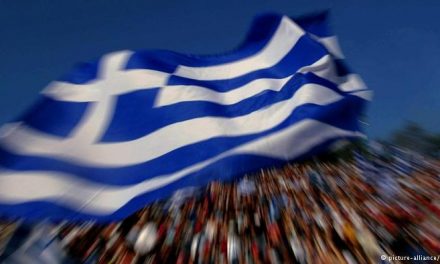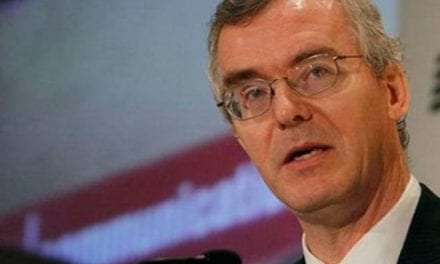For decades, Greek governments of any colour have distributed thousands of public sector jobs in the run-up to an election. This time officials are handing out a mountain of cash.
The governing coalition is rushing to disburse a €524m "social dividend" to some 1m low-income families, pensioners and long-term unemployed ahead of elections for the European parliament on May 25.
The handouts are possible because Greece last year unexpectedly achieved a €1.5bn primary budget surplus excluding repayments of debt and some one-off charges. The surplus was equivalent to 0.8 per cent of national output, outperforming the budget target of a zero primary balance.
"This is New Democracy's way of trying to get people back on board for polling day," said Neocosmos Tsimas, a 76-year-old former postal worker, referring to the centre-right party led by premier Antonis Samaras.
"I badly need the money because I'm behind with paying bills, but I may not bother going out to vote," Mr Tsimas added.
International lenders last week gave Athens the go ahead to pay the social dividend after the surplus had been confirmed by the commission's audit arm Eurostat, which checked numbers provided by the country's own statistics agency.
About a third of the surplus will be used to pay down public debt, which last year hit a record 175 per cent of national output.
The rest will be spent on handouts. In addition to payments made to those hit hardest by six years of recession, about 60,000 low-earning members of the armed forces and security services will each receive a €500 bonus.
Government aides shrug off concerns voiced by the "troika" of bailout monitors from the commission, the International Monetary Fund and the European Central Bank, that Greece has reverted to its pre-crisis mode of diverting budget funds to party politics.
"We need to strike a note of optimism in a practical way after such a long recession," said an official from the PanHellenic Socialist Movement (Pasok), the junior partner in the coalition government.
"Austerity brought disastrous social consequences . . . it ripped apart the social safety net," he added, citing a 35 per cent fall in household incomes since 2009, a tripling of the jobless rate among heads of families and the loss of state healthcare benefits for some 1.2m unemployed workers.
However, civil society representatives said the social dividend would be better targeted if it were distributed by organisations working with vulnerable groups rather than the government.
"The cash payments are beneficial considering that almost one-third of the population is living in poverty, but they're not going to reach vulnerable groups like the homeless or HIV positive who aren't registered somewhere in the system," said Epaminondas Farmakis, chief executive of Elpis, an Athens-based consultancy for philanthropists and donors.
Observers note that, even before the crisis, the welfare state was fragmented, unevenly developed and deeply politicised.
"There was little social protection available to the precariously employed workers of hundreds of thousands of small and medium enterprises and the self-employed," the Athens think tank Eliamep said in a recent report.
But local civil society groups, and charitable foundations have become even more prominent since Greece was forced to slash social spending as part of its fiscal consolidation effort. More than 150 soup kitchens around Athens, mostly operated by Greek Orthodox parish priests, offer a daily meal to pensioners and impoverished families.
The New York-based Niarchos Foundation supports a €16m programme to provide breakfast for 50,000 schoolchildren as part of a bigger grant aimed at reducing poverty and social exclusion. The financier George Soros pledged €20m to set up "solidarity centres" offering healthcare and legal services. His Open Society Foundation provided heating fuel last winter to schools, orphanages and old people's homes.
Small-scale job-creation schemes, subsidised rents and food banks have helped soften the impact of the crisis, thanks to projects run by civil society groups, said Tzanetos Antypas, director of Praksis, a non-government organisation.
The social dividend "could be more wisely handled to create something that's development oriented and has continuity . . . Getting €500 is good, but after it's finished, then what?" Mr Antypas said.



















